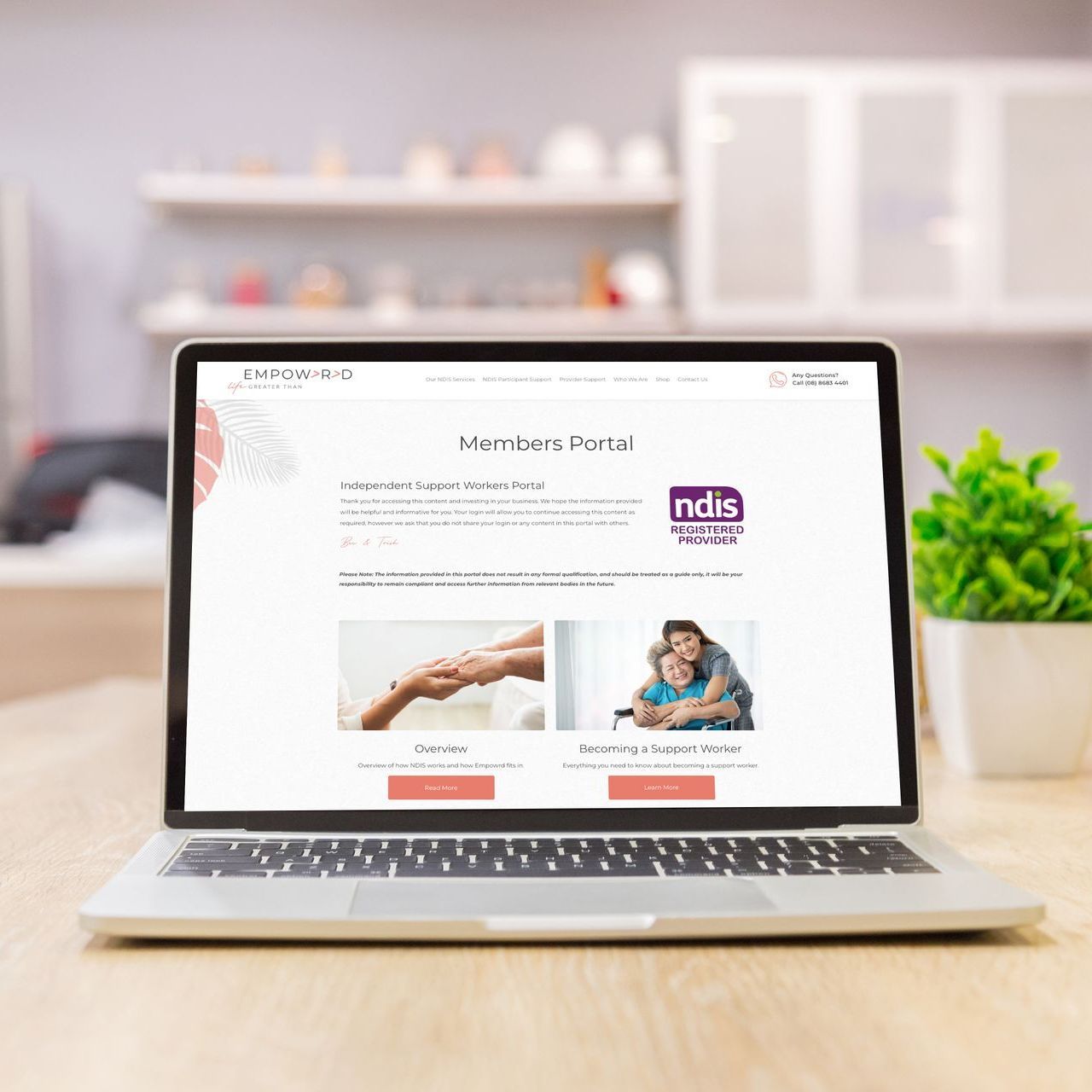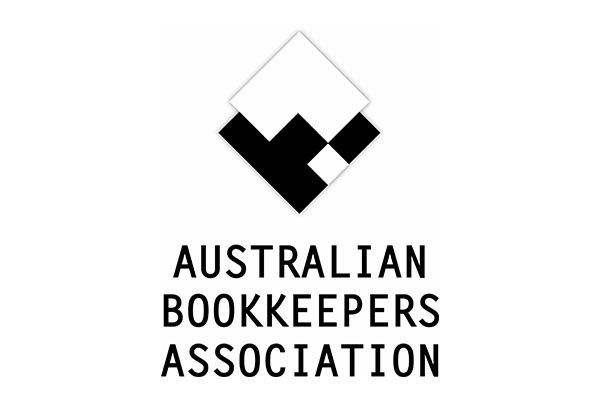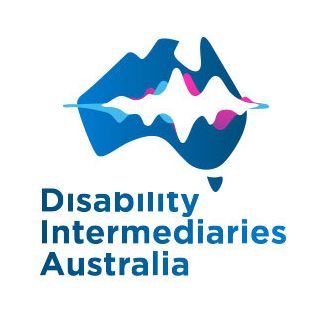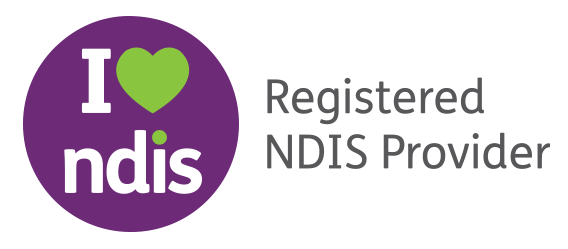Participant Enquiries
The New NDIS Act: Key Changes and Your NDIS Support List

On October 3rd, a major milestone for the National Disability Insurance Scheme (NDIS) arrived with the release of the new NDIS Act. This update marks a significant moment for participants, carers, and service providers across Australia. The new Act introduces key changes aimed at improving the accessibility, flexibility, and efficiency of the scheme, particularly through the introduction of NDIS Support.
In this blog, we'll explain what the new NDIS Act is about and how the NDIS Supports List will help improve the support available to participants.
What is the NDIS Act?
The NDIS Act is designed to make sure individuals with disabilities receive the necessary support to live fulfilling and independent lives. The new legislation reflects the Australian Government's commitment to eliminate funding confusion, prevent misuse, and ensure accountability.
The new funding rules override "choice and control" and "reasonable and necessary" considerations. Both participants and providers must comply with these new regulations, as failing to do so could lead to funding denials, plan changes, or other consequences.
If providers are plan managers or support coordinators, they should actively engage with their clients to explain the implications of these changes. Providers are urged to assist participants, families, and carers in understanding the changes. To aid these discussions, they should familiarise themselves with specific resources:
- Changes to NDIS legislation webpage (opens in a new window).
- Frequently asked questions about legislation (opens in a new window).
What These Changes Mean for You
The new funding rules mean stricter eligibility enforcement—only supports directly related to a participant’s impairment will be covered. This means you cannot justify expenses by linking them broadly to your disability.
Additionally, plan reviews and compliance checks will be more frequent. If you do not provide the required information when asked, you risk losing funding or facing other penalties.
Make sure to check ‘What does NDIS fund?’ to understand what services and supports are funded by the NDIS.
What the NDIS Will No Longer Fund
From 3 October 2024, the NDIS will no longer cover the following expenses under any circumstances:
Everyday Living Costs
- Rent, mortgage payments, strata fees, and home deposits.
- Utility bills (water, gas, electricity), council rates, and home maintenance.
- Household appliances (fridges, washing machines), standard furniture, and garden tools.
Financial & Legal Expenses
- Insurance (health, car, home), superannuation, and legal fees.
- Fines, court-ordered payments, child support, and business expenses.
- Education fees (school, university, vocational training).
Food & Groceries
- General groceries, takeaway food, and meal delivery services.
Lifestyle & Recreation
- Cigarettes, alcohol, gambling, and entertainment subscriptions.
- Phones, computers, gaming consoles, internet, and data plans.
- Gym memberships, sports club fees, and equipment.
- Wedding, funeral, and event-related expenses.
Clothing & Beauty
- Standard clothing, footwear, jewellery, makeup, cosmetic treatments, and tattoos.
Travel & Transport
- Holiday packages, airfares, vehicle purchases, fuel, and registration.
- Taxis and rideshares unless directly related to disability support.
Pets & Animal Care
- Pet food, vet care, grooming, and insurance (except for assistance animals).
Alternative & Wellness Therapies
- Hypnotherapy, reiki, energy healing, aromatherapy, gaming therapy.
- Life coaching, wellness programs, massage (unless by an allied health professional).
Medical & Health-Related Costs
- Prescription/non-prescription medicines, hospital fees, surgeries, and ambulance costs.
- Dental care, health screenings, mental health treatments, and palliative care.
Housing & Community
- Social housing, rental bonds, mortgage relief, crisis housing.
- Public transport fares and infrastructure.
Legal & Justice System Costs
- Supervision, secure accommodation, and mental health facility care.
These exclusions are now law and override choice and control principles. Make sure your support aligns with the new guidelines.
For more details on what was not covered, you could refer to:
What the NDIS Will Fund
The NDIS will continue to cover reasonable and necessary supports that help participants live independently, engage in the community, and achieve their goals. These include:
Accommodation & Housing Support
- Assistance with tenancy applications and rental obligations.
- Medium-term accommodation if long-term housing is unavailable.
- Home modifications for accessibility and safety.
Personal & Daily Living Supports
- Assistance with eating, dressing, hygiene, and personal care.
- Support for daily tasks in shared living arrangements.
- Help with household tasks such as cleaning, meal preparation, and laundry.
Mobility & Assistive Equipment
- Wheelchairs, motorised mobility devices, and transfer hoists.
- Assistive products for personal care, such as incontinence aids and adaptive clothing.
- Hearing aids, vision aids, and communication devices.
Community Participation & Social Engagement
- Support to engage in social, community, and recreational activities.
- Group-based activities to encourage participation and inclusion.
- Specialist support to build social skills and independent living capacity.
Education & Employment Support
- Assistance to transition to employment, further education, or vocational training.
- Supported employment programs and workplace modifications.
- Training to improve work readiness and career development.
Transport & Travel Assistance
- Transport for school, work, and community activities.
- Taxi and private transport costs where public transport is not viable.
- Driver training for modified vehicles.
Healthcare & Therapy Services
- Disability-related nursing care, medication management, and wound care.
- Therapeutic supports such as speech therapy, occupational therapy, and physiotherapy.
- Supports for early childhood intervention and developmental delays.
Behavioural & Mental Health Supports
- Positive behaviour support for individuals with complex needs.
- Training for families and carers in behaviour management strategies.
- Psychosocial recovery support for mental health conditions.
Specialist Disability Accommodation & Support Coordination
- Specialist disability housing for those with extreme functional impairment.
- Support coordination to help manage NDIS plans and connect with services.
Vehicle & Home Modifications
- Modifications to vehicles for accessibility (hoists, modified controls, restraints).
- Structural changes to homes to improve mobility and independence.
These supports are assessed case-by-case and must be directly related to the participant’s disability. View the Fully Funded Supports List:
Replacement Supports: What You Might Be Allowed to Buy with NDIS Funding
In some cases, the NDIS may allow replacement support if they:
- Replace an existing support in your plan.
- Cost the same or less than the original support.
- Provide equal or better benefits than the original support.
Possible Replacement Supports
- Household Items – Everyday items that help with disability needs and support independence.
- Assistive Technology – Devices that assist people with disabilities, such as smart devices and apps.
- Smart Watches – If they help with communication needs.
- Tablets & Smart Phones – If they help with communication and are the most effective option for you.
- Accessibility & Communication Apps – If they improve communication and meet your disability needs.
These supports are only funded if approved by the NDIS and must meet specific criteria. For more information on replacement supports, you could refer to:
Important Updates Effective October 3
Since October 3, 2024, several major updates have been implemented under the new NDIS Act. Here are some of the key things to take note:
Eligibility and Requirements
Individuals can only meet the access criteria if they are able to prove that the support they seek qualifies as an NDIS support. This applies to both the disability and early intervention sectors of the NDIS. Furthermore, when individuals apply for the NDIS, the agency will let them know if they qualify for early intervention services, disability support, or both.
Eligibility Reassessment
The National Disability Insurance Agency (NDIA) has the authority to ask participants for information or assessments to determine if they still qualify for the NDIS. Under this reassessment:
- The NDIA must give participants at least 90 days to provide the requested information, but they can allow more time if needed.
- If participants fail to submit the information within the specified time, they may lose their access to the NDIS.
- However, if a participant could not reasonably provide the information in that timeframe, the NDIA cannot take away their access immediately. Instead, they must consider certain factors outlined in the Act to determine whether the participant had a valid reason for not complying with the request in time.
Reapplying for Access
If an individual loses their status as an NDIS participant, they have the right to ask for a review of that decision. However, they will not be able to submit a new application to access the NDIS again until the review process is finished.
Support for impairments that meet the access criteria
The NDIS will only provide funding for supports related to impairments that the National Disability Insurance Agency (NDIA) believes meet the access criteria at the time of planning. The types of impairments considered include:
- Intellectual Impairments
- Cognitive Impairments
- Neurological Impairments
- Sensory Impairments
- Physical Impairments
- Psychosocial disabilities
Currently, participants in the NDIS do not have access to information about the specific impairments the NDIA has attributed to them or how accurate that information is. But in the future, the NDIA intends to send out notices to participants, detailing the categories of impairments they recognise for each individual. This will then help participants understand what impairments the NDIA has recorded for them.
Plan Reassessment After October 3
All plans will have 12-month funding periods, which means participants will receive their funding in portions. In 2025, some participants may have shorter funding periods. These plans are referred to as "old framework plans" until further changes are introduced.
When a plan is reassessed, it will now include:
- The total NDIS funding for the entire plan duration.
- The specific amount is allocated to different sections of the plan.
- How often participants can access their funding, with the goal of budgeting for multi-year plans so that participants don’t use all their funds too quickly.
Request to Substitute Non-NDIS Support
As discussed, the new NDIS Act will specify supports that are not typically funded by the NDIS, and participants should review this list to understand the exclusions. However, if a participant believes that a restricted support is essential for their care, they have the option to request a substitution, known as a replacement support.
To get a replacement support approved, participants must demonstrate that it will lead to the same or better outcomes and provide the same or better value for money compared to the current NDIS support. The NDIA will evaluate these requests based on specific criteria to check if the proposed replacement aligns with the goals of the NDIS.
Nonetheless, even if the criteria are met, the NDIA still has the authority to deny the substitution, and that decision cannot be appealed. Specific details about how to apply for a substitution of an unfunded NDIS has not yet been provided or clarified.
Compliance
The NDIA will have new procedures to take action if they believe a participant is not using their NDIS funding according to their plan or for approved support. These actions may include changing how the participant's plan is managed or adjusting the funding periods.
Additionally, they could raise a debt if funds are misused. Participants can appeal changes to plan management and funding periods, and they can also request the NDIA to waive any debt. If the NDIA denies the debt waiver, that decision can also be appealed.
Claims
NDIS providers are now required to submit claims for support within two years of the services being rendered. This change takes effect on October 3. However, the NDIA will still honour claims submitted for support provided prior to this date for a duration of 12 months.
What’s Coming in 2025?
The NDIS is set to introduce several important updates in 2025 that will impact both new and existing participants.
Impairment Notices
Starting 1 January 2025, all new participants will receive an impairment notice explaining whether they qualify through the disability or early intervention pathway. Existing participants will receive notices when transitioning to new plans.
Support for Young Children
A new system will provide early intervention packages and extra support for children under nine with developmental delays or disabilities.
Review of Art & Music Therapy Pricing
By July 2025, an independent review will examine how much the NDIS pays for art and music therapy and whether these supports provide good value.
Changes to Assessments & Budgets
The NDIA will work with the disability community to create more personalised, transparent, responsive assessment and budgeting processes.
New Framework Plans
All participants will transition to new framework plans over the next five years, starting within 12–18 months. These plans will be developed through standardised needs assessments to tailor support better.
For more information, visit the official NDIS website:
NDIS Legislation Changes Summary
Takeaway
The new NDIS Act, which was released on October 3rd, along with the NDIS supports list, is a big step forward in improving support for Australians with disabilities. Due to these changes, participants can easily understand their options and make better choices about their care.
As the NDIS continues to evolve, participants, families, and caregivers can look forward to a system that is more responsive to their needs, so that everyone has the opportunity to lead a fulfilling life.

NDIS Plan Management and Support Coordination
At Empowrd, we are here to make your life easier. Based in Port Lincoln on the Eyre Peninsula, we offer a personal, accessible and holistic approach to NDIS Plan Management and Support Coordination.
We provide Plan Management services across Australia, assisting with financial administration, and offer Support Coordination to participants in Port Lincoln and Eyre Peninsula, connecting them with the right supports and providers. Our goal is to ensure your NDIS plan works for you, so you can focus on achieving your goals and doing what you love.

Want to Become a Support Worker?
Our Independent Support Workers Education Portal provides everything you need to navigate the NDIS, find work, and confidently offer services as an Independent Support Worker. For just $65, you will gain access to comprehensive guides, essential resources, and ready-to-use templates to streamline your work.
Inside, you will find:
- A clear breakdown of how the NDIS works
- Tips for finding jobs and delivering services
- Step-by-step guidance on invoicing and support planning
- Ready-to-edit templates for quotes, service agreements, invoices, and case notes
Need just the templates? You can also purchase them separately as standalone resources.
I hope you enjoy reading this blog post.
If you are ready to be Empowrd to live your life to the fullest, let us steer you on the right path.

Be EMPOWRD to Live Your Best Life
If you’re ready to be empowered to live life on your terms, we’re here to help guide the way. At Empowrd, we offer a personal, accessible, and holistic approach to NDIS Plan Management and Support Coordination. We’ll ensure your plan works for you, allowing you to focus on your goals and the things you love most.













